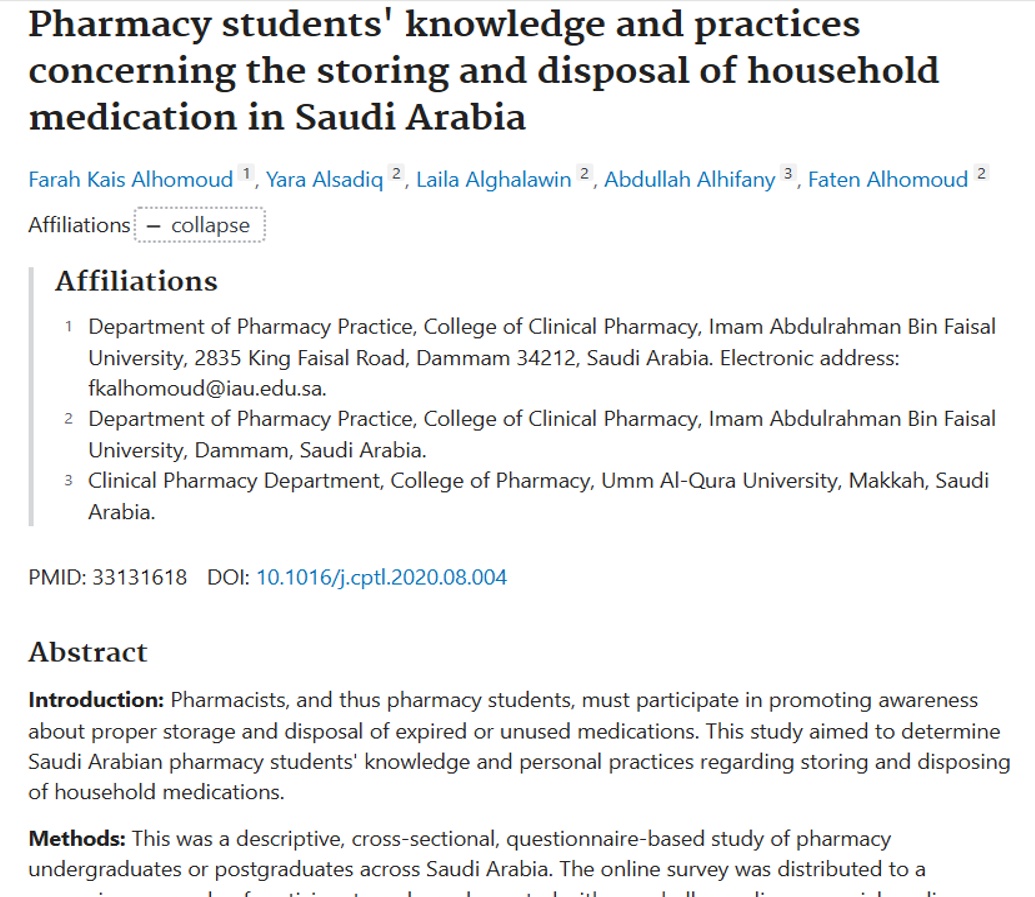How to Write Your Affiliation in a Research Paper: A Guide for Arab Researchers and Graduate Students


One of the simplest but most crucial parts of any research paper is the author affiliation—the information that tells readers, indexing services, and academic peers where the work was conducted and who supported it. For researchers and graduate students in Arab countries, getting this detail right in English can be tricky due to differences in language, institutional structure, and format conventions.
A clear, professional affiliation ensures your institution receives proper credit, helps readers understand your background, and improves your paper’s visibility in databases. This guide walks you through every step, from understanding what affiliation is to writing it correctly, avoiding common pitfalls, and complying with international standards.
Your affiliation is the official name of the place where you are working or studying when you wrote the paper. It usually includes the:
Department (e.g., Department of Civil Engineering)
Faculty or College (e.g., Faculty of Engineering)
University or Institute (e.g., Cairo University)
City and Country (e.g., Giza, Egypt)

Affiliations typically appear under the author’s name, providing key information for institutional recognition, author attribution, and search indexing
Writing your affiliation correctly is important for several reasons:
Gives credit to your institution: Your university or research center gets recognition for your work.
Increases visibility: Journals and search engines use affiliation information to organize and index research papers.
Improves your professional image: A clear and correct affiliation shows that your paper is professional.
Supports networking: Other researchers may contact you for collaboration based on your institution.
To write your affiliation properly, follow this simple structure in English:
Department Name,
Faculty or College Name,
University Name,
City, Country
This is the most common format used in international journals.
Department of Chemistry,
Faculty of Science,
University of Baghdad,
Baghdad, Iraq
Consistency: Familiar formats help editors and databases recognize components correctly.
Completeness: Omitting department or faculty may cause indexing issues.
Make sure to use standard translations for academic units:
Arabic Term | English Equivalent |
قسم (Qism) | Department |
کلیه (Kulliya) | Faculty / College |
جامعه (Jamia) | University |
معهد (Ma’had) | Institute |
مرکز الأبحاث (Markaz Al-Abhath) | Research Center |
الدراسات العلیا (Al-Dirasat Al-Aliya) | Graduate Studies |
Arabic: قسم هندسه الکمبیوتر، کلیه الهندسه، جامعه بغداد، بغداد، العراق
English: Department of Computer Engineering, Faculty of Engineering, University of Baghdad, Baghdad, Iraq
Incorrect word order or missing parts
University of Baghdad, Computer Engineering Department, Baghdad, Iraq
Department of Computer Engineering, Faculty of Engineering, University of Baghdad, Baghdad, Iraq
Transliterated Arabic names
Qism Harakiyet Al-Computer
Department of Computer Science
Abbreviations and inconsistencies
Avoid writing Cairo Univ. in one paper and Cairo University in the next. Always use the full official name.
Spelling mistakes in English names
Double-check spelling and formatting—mistakes here can disrupt indexing and citations.

Here are examples of correctly formatted affiliations from well-known institutions:
Country | Example |
Egypt | Department of Political Science, Faculty of Economics and Political Science, Cairo University, Giza, Egypt |
Saudi Arabia | Department of Electrical Engineering, College of Engineering, King Saud University, Riyadh, Saudi Arabia |
Jordan | Department of Computer Science, School of Science, University of Jordan, Amman, Jordan |
UAE | Department of Civil Engineering, College of Engineering, United Arab Emirates University, Al Ain, United Arab Emirates |
Iraq | Department of Chemistry, College of Science, University of Baghdad, Baghdad, Iraq |
Morocco | Department of Mathematics, Faculty of Sciences, Mohammed V University, Rabat, Morocco |
If you are affiliated with more than one institution (for example, your university and a research center), you should list both:
Ahmed Ali¹²
¹ Department of Biology, Faculty of Science, University of Basrah, Basrah, Iraq
² Research Center for Biotechnology, King Abdulaziz City for Science and Technology, Riyadh, Saudi Arabia
Use numbers to show which author is linked to which affiliation.
Use official English names of your department, college, and university.
Don’t translate literally from Arabic—use accepted English terms.
Check your university’s website for the correct names.
Follow the same format every time you publish.
If you are unsure, ask your supervisor or use examples from papers published by your university.
Usually, the affiliation appears:
Under the author’s name on the first page of the paper.
In the author information section.
Sometimes repeated at the end of the paper or in footnotes.

Most international journals have clear guidelines. Some expect:
All affiliations listed clearly under each author.
Email address and ORCID ID included (optional but recommended).
No abbreviations or non-standard names.

Always check the "Instructions for Authors" on the journal’s website before submitting your paper.
Finding the right journal for your research can be confusing and time-consuming. At SITA Academy, we make it simple for you.
Just send us your paper, and we’ll carefully read it and share a custom list of journals that match your topic, field, and goals—whether you're aiming for Scopus, Web of Science, or others.
No more wasting time.
Reach out to us today, and we’ll help you take the next step toward publishing your work with confidence.
If you have any questions, inquiries, or would like to learn more about our services, please don't hesitate to reach out to us. Our dedicated team is ready to assist you.